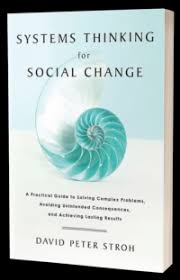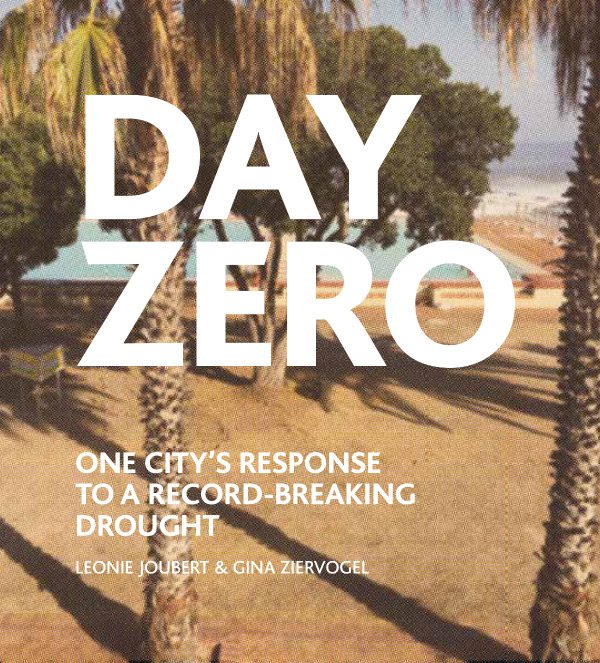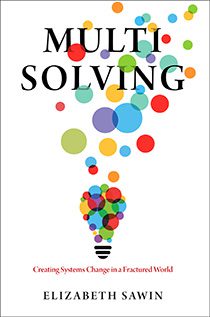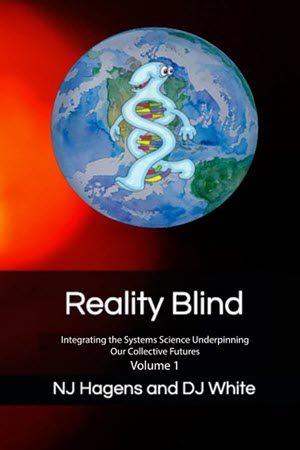A Practical Guide to Solving Complex Problems, Avoiding Unintended Consequences, and Achieving Lasting Results
Systems Thinking for Social Change enables readers to contribute more effectively to society by helping them understand what systems thinking is and why it is so important in their work. It also gives concrete guidance on how to incorporate systems thinking in problem solving, decision making, and strategic planning without becoming a technical expert.








